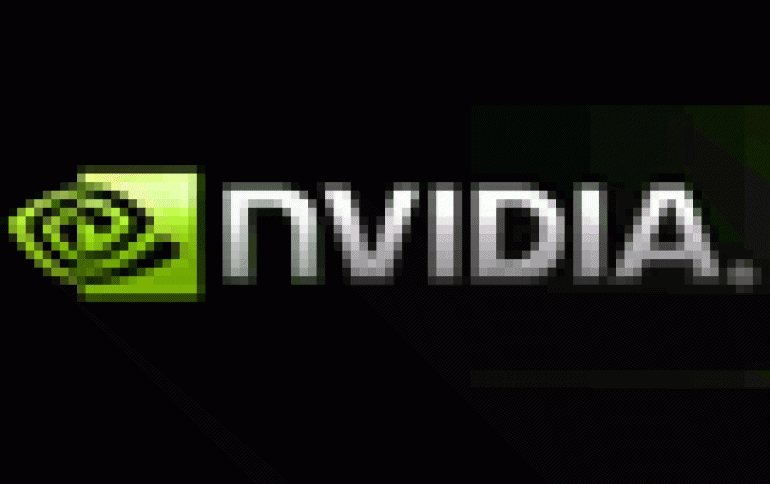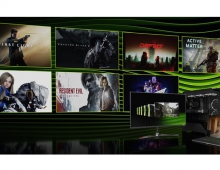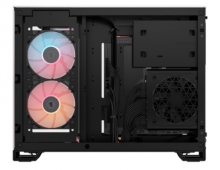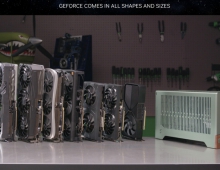
Nvidia Adds HDCP to 7900 Series of Graphics Cards
Nvidia is expected to launch upgraded versions of the GeForce 7900 GTX and GeForce 7900 GT graphics cards that support HDCP (High-bandwidth Digital Content Protection) between July and the middle of August.
Citing Taiwanese sources, Digitimes.com reports that HDCP will be offered as an option for mid-range and entry-level graphics processing units. Nvidia has already announced the GeForce 7950 GX2 HDCP graphics card last month.
HDCP is a part of the HDMI (high-definition multimedia interface) connector and cable standard. The HDCP implementation is a requirement of HDTV, Blu-ray and HD DVD applications. The implmentation of HDCP in graphics cards is expected to meet the requirements for secure HD video managing in the upcoming months, as the first Blu-ray PC disc drives will be released by Panasonic, NEC, Sony, Toshiba, Lite-On IT,Philips and Samsung between the third and fourth quarters.
According to the HDCP specifications, graphics cards that don't support HDCP will degrade the resolution of HD signals from 1080P to 540p.
In general, HDMI connectors used by the HDCP graphics cards incorporate audio and video into a single connector and and synchronize the audio and video signals. Nvidia's high-end 7900 (G73-B1) incorporates the audio mixing, while the low-end 7300 (G72) does not. For the low-end, HDMI support can be provided by OEMs by using an additional HDMI transmitter chip.
Nvidia's competitot, ATI Technologies, does not currently offer native HDCP support in any of its GPUs. High-end ATI-based cards offering HDCP support require an additional HDCP decode chip from Texas Instruments or Silicon Image. Only high-end chips in the ATI X1000 family support 1080p Avivo video, while the company's entry-level offerings only provide 720p and 480p Avivo video. Avivo is ATI's new advanced imaging and video technology, supporting PVR, HDTV and next-generation HD disc capabilities.
HDCP is a part of the HDMI (high-definition multimedia interface) connector and cable standard. The HDCP implementation is a requirement of HDTV, Blu-ray and HD DVD applications. The implmentation of HDCP in graphics cards is expected to meet the requirements for secure HD video managing in the upcoming months, as the first Blu-ray PC disc drives will be released by Panasonic, NEC, Sony, Toshiba, Lite-On IT,Philips and Samsung between the third and fourth quarters.
According to the HDCP specifications, graphics cards that don't support HDCP will degrade the resolution of HD signals from 1080P to 540p.
In general, HDMI connectors used by the HDCP graphics cards incorporate audio and video into a single connector and and synchronize the audio and video signals. Nvidia's high-end 7900 (G73-B1) incorporates the audio mixing, while the low-end 7300 (G72) does not. For the low-end, HDMI support can be provided by OEMs by using an additional HDMI transmitter chip.
Nvidia's competitot, ATI Technologies, does not currently offer native HDCP support in any of its GPUs. High-end ATI-based cards offering HDCP support require an additional HDCP decode chip from Texas Instruments or Silicon Image. Only high-end chips in the ATI X1000 family support 1080p Avivo video, while the company's entry-level offerings only provide 720p and 480p Avivo video. Avivo is ATI's new advanced imaging and video technology, supporting PVR, HDTV and next-generation HD disc capabilities.





















